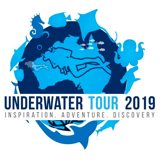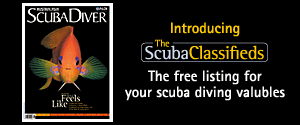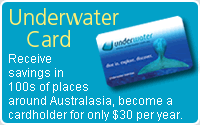- Home
- Directory
- Shop
- Underwater Cameras - Photographic Accessories
- Smartphone Housings
- Sea Scooters
- Hookah Dive Systems
- Underwater Metal Detectors
- Dive Gear
- Dive Accessories
- Diving DVD & Blu-Ray Discs
- Diving Books
- Underwater Drones
- Drones
- Subscriptions - Magazines
- Protective Cases
- Corrective Lenses
- Dive Wear
- Underwater Membership
- Assistive Technology - NDIS
- On Sale
- Underwater Gift Cards
- Underwater Art
- Power Stations
- Underwater Bargain Bin
- Brands
- 10bar
- AOI
- AquaTech
- AxisGo
- Backscatter Underwater Video and Photo
- BLU3
- Cayago
- Chasing
- Cinebags
- Digipower
- DJI
- Dyron
- Edge Smart Drive
- Eneloop
- Energizer
- Exotech Innovations
- Fantasea
- Fotocore
- Garmin
- Geneinno
- GoPro
- Hagul
- Hydro Sapiens
- Hydrotac
- Ikelite
- Indigo Industries
- Inon
- Insta360
- Intova
- Isotta Housings
- Jobe
- JOBY
- Kraken Sports
- LEFEET
- Mirage Dive
- Nautica Seascooters
- Nautilus Lifeline
- NautiSmart
- Nitecore
- Nokta Makro
- Oceanic
- Olympus
- OM System
- Orca Torch
- Paralenz
- PowerDive
- QYSEA
- Scubajet
- Scubalamp
- Sea & Sea
- SeaDoo Seascooter
- SeaLife
- Seavu
- Shark Shield
- Sherwood Scuba
- Spare Air
- StickTite
- Sublue
- Suunto
- SwellPro
- T-HOUSING
- Tusa
- U.N Photographics
- Venture Heat
- XTAR
- Yamaha Seascooter
- Youcan Robot
Hooked on Julian Rocks, Byron Bay
Contributed by John Natoli
 20th
July 2003 .... that is the first time I drove down from the Gold Coast to Byron
Bay and arrived at Sundive, jumped on one of their boats and set out to dive
Julian Rocks - and I have been addicted ever since. For nearly four years I
have now dived with Sundive every Friday (weather permitting). 2 dives each
Friday and sometimes 3 when conditions are superb .... averaging approx 100
dives per year.
20th
July 2003 .... that is the first time I drove down from the Gold Coast to Byron
Bay and arrived at Sundive, jumped on one of their boats and set out to dive
Julian Rocks - and I have been addicted ever since. For nearly four years I
have now dived with Sundive every Friday (weather permitting). 2 dives each
Friday and sometimes 3 when conditions are superb .... averaging approx 100
dives per year.
I have now dived extensively up the east coast of Australia including the Barrier Reef, Heron Island, Osprey Reef, Raine Island, the reefs off Townsville including the Yongala, the reefs off the Sunshine Coast including the HMAS Brisbane and more and I would rate Julian Rocks as one of the very best dive locations along the east coast of Oz.
My attraction to Julian Rocks began with my desire to dive with Grey Nurse sharks ... and now I am hooked on sharks. I am constantly amazed at the diversity of marine life at Julian Rocks. From the sharks, to pelagics and various species of anemone fish ... through to the numerous species of nudibranchs, Julian Rocks provides a prolific concentration of marine life - big and small, all in one location. This makes every dive at Julian a different diving experience. Capturing the images of my experiences extends the thrill of diving into my home and allows me to share these moments with my family and friends. I use a rule of thumb that generally works well for me in as far as on days where the viz is under 15 mtrs I will always use a 105mm macro lens and spend most of my time scouting for little critters. It is amazing what life you will find when you slow your dive down and take the time to spot the little wonders of the ocean - nudibranchs, crabs, little eyes of an octopus hiding in their holes, blue ring octopus, mantis shrimp, a variety of gobies and blennies and more. And then, when the viz picks up over 20 mtrs, particularly when the Grey Nurse or Leopard sharks are about, out comes the wide angle 18 - 70mm zoom lens.
And yet, as much as I enjoy my underwater photography, I will never forget the dive on the last Friday of March this year (2007). The marine life in the Needles was so intense that after the first dive, I left my camera on the boat so I would not be distracted on the second dive from observing all that was happening around me. I deflated my BCD and knelt down on the sand and just watched in amazement. There was more concentrated activity here on the west side of Julian Rocks than what you would expect to find in an aquarium.
 Some
12 or 13 Leopard sharks continually circling, 3 large bull rays, turtles, schools
of kingfish, mulloway, large snapper, schools of sweetlips, Queensland Blue
groper, surgeonfish, red morwong and literally hundreds of bullseye and eastern
pomfret .... not to mention the usual hoard of small fish including angelfish,
stripeys, butterfly fish, bream, anemone fish, goatfish, white trevally, old
wives, southern fusilier, black tipped fusilier, moray eels, octopus and a very
large school of cow-nose rays above us. I have never seen concentrated marine
life like this anywhere else.
Some
12 or 13 Leopard sharks continually circling, 3 large bull rays, turtles, schools
of kingfish, mulloway, large snapper, schools of sweetlips, Queensland Blue
groper, surgeonfish, red morwong and literally hundreds of bullseye and eastern
pomfret .... not to mention the usual hoard of small fish including angelfish,
stripeys, butterfly fish, bream, anemone fish, goatfish, white trevally, old
wives, southern fusilier, black tipped fusilier, moray eels, octopus and a very
large school of cow-nose rays above us. I have never seen concentrated marine
life like this anywhere else.
With approx 450 dives around Julian Rocks, this day was one of my most memorable. It was absolutely awesome. Every diver that got back onto the boat after that experience was overcome with excitement of what we had just experienced - it was diver heaven!! I would rank that dive my 3rd best at Julian Rocks.
 And
then 3 weeks later I experienced my 2nd best dive at Julian Rocks when I had
the absolute pleasure to spend 21 minutes hovering with a manta ray. Again in
the Needles, the manta, which spanned approx 2.5 mtrs across it's gracious body,
kept circling around us and over us .... and often just hung in the slight current
allowing me to hover around it and over it. I could have sworn it was there
to check me out just as much as I was checking it out.
And
then 3 weeks later I experienced my 2nd best dive at Julian Rocks when I had
the absolute pleasure to spend 21 minutes hovering with a manta ray. Again in
the Needles, the manta, which spanned approx 2.5 mtrs across it's gracious body,
kept circling around us and over us .... and often just hung in the slight current
allowing me to hover around it and over it. I could have sworn it was there
to check me out just as much as I was checking it out.
My all time favourite dive at Julian Rocks was one Friday in June 2004. As the water was cooling down and we were anticipating the return of Grey Nurse sharks to Julian Rocks, we had asked Rod, our skipper, to drop us off directly over the Cod Hole so we could get in amongst the trenches to do a little Grey Nurse spotting .... i.e. if they were about. The viz was great that day, maybe 30 mtrs or so!
We were only 15 to 20 seconds into our descent when we realised what we were
in for.  As
we were descending, we starting counting .... 11, 12, 13, 14, 15 Grey Nurse
sharks beneath us .... and more. Not bothered by our presence in any way (maybe
because there were more of them than the two of us), these magnificent creatures
just leisurely hovered around us as they swam up and down the large sand trench
north
As
we were descending, we starting counting .... 11, 12, 13, 14, 15 Grey Nurse
sharks beneath us .... and more. Not bothered by our presence in any way (maybe
because there were more of them than the two of us), these magnificent creatures
just leisurely hovered around us as they swam up and down the large sand trench
north
of the Cod Hole. What an incredible experience!!
Obviously, it is without question or doubt that I would strongly recommend Julian Rocks as a superb destination not only for divers but snorkellers as well. On days of good visibility, snorkellers will experience as much marine life from the surface as the divers do down below. The 3 km journey from the beach out to Julian Rocks can be a fabulous experience in itself with the regular spotting of dolphins and turtles on the surface. Countless whales are spotted during the winter months and I remember on one occasion when we spotted a large sunfish (Mola Mola) on the surface.
And more importantly, I have no hesitation in recommending Sundive as my preferred dive operation. Professional, highly skilled and safety conscious staff led by Sundive's owner Giac. Great boat skippers in Rod and Jeff, a walking encyclopedia in Dr. Dave and numerous skilled and knowledgeable instructors and guides.
I imagine I will be continuing to dive at Julian Rocks for the next 4 years .... after all, how would the fish know it's Friday if I don't show up??
Shopfront
-
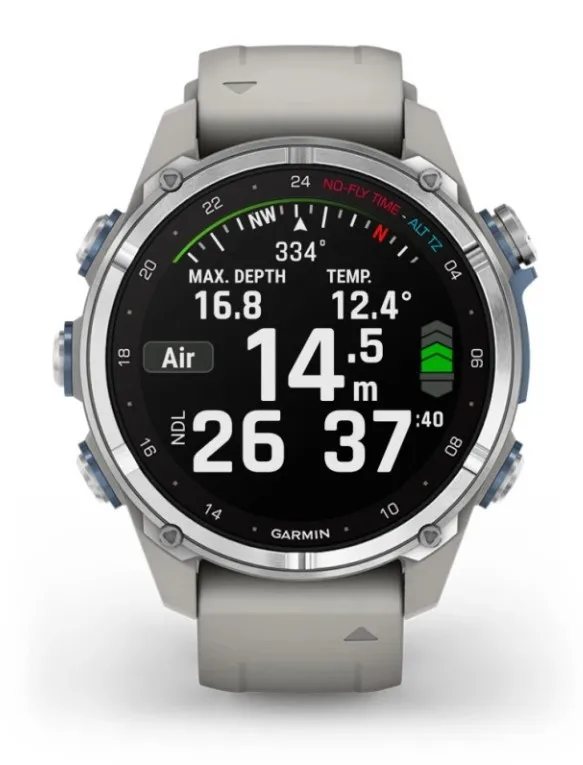 Garmin Descent Mk3 Watch Dive Computer - 43 mm, Stainless steel with silicone band
Garmin Descent Mk3 Watch Dive Computer - 43 mm, Stainless steel with silicone band
- Price A$ 1,839.00
-
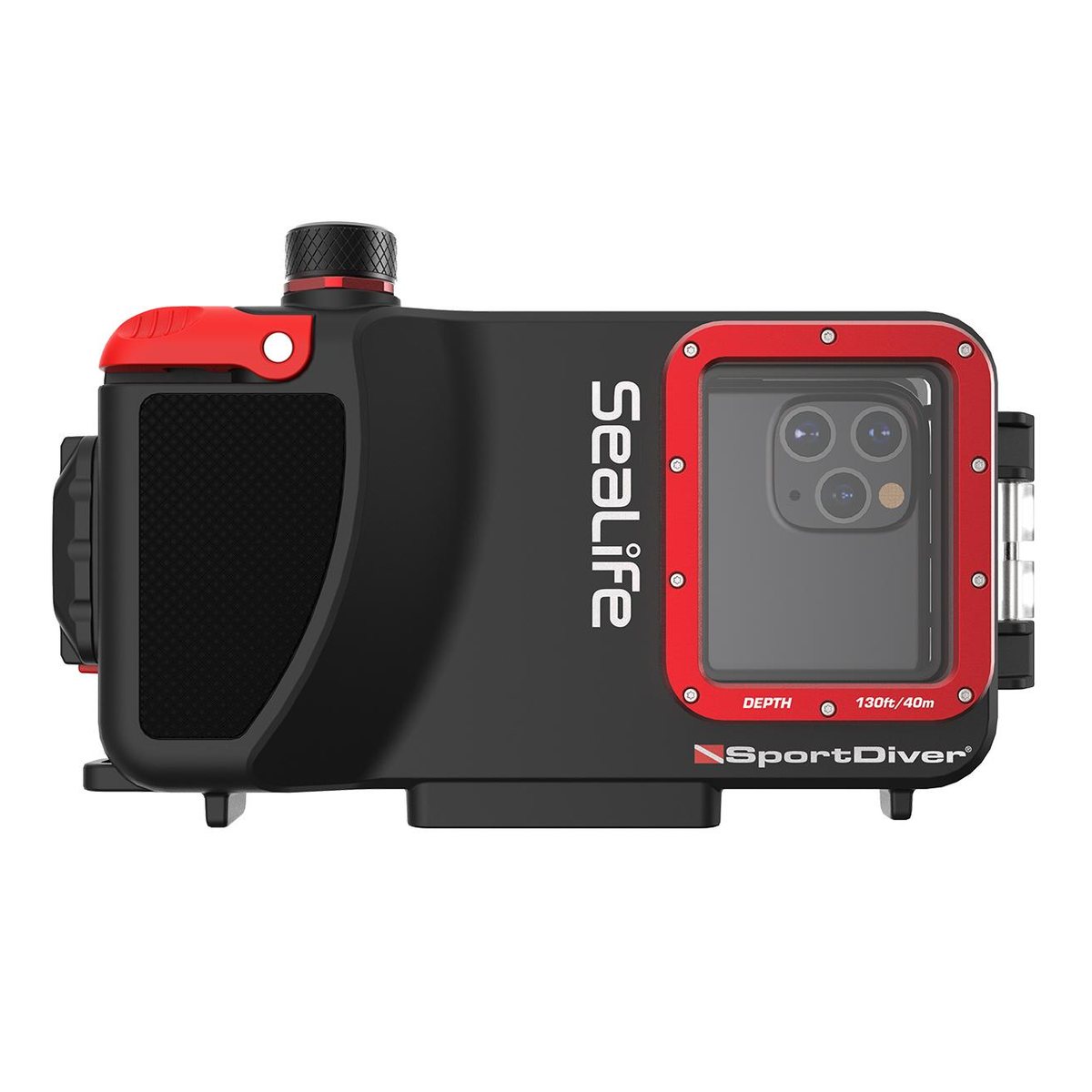 SeaLife - SportDiver Underwater Smartphone Housing
SeaLife - SportDiver Underwater Smartphone Housing
- Price A$ 599.00
-
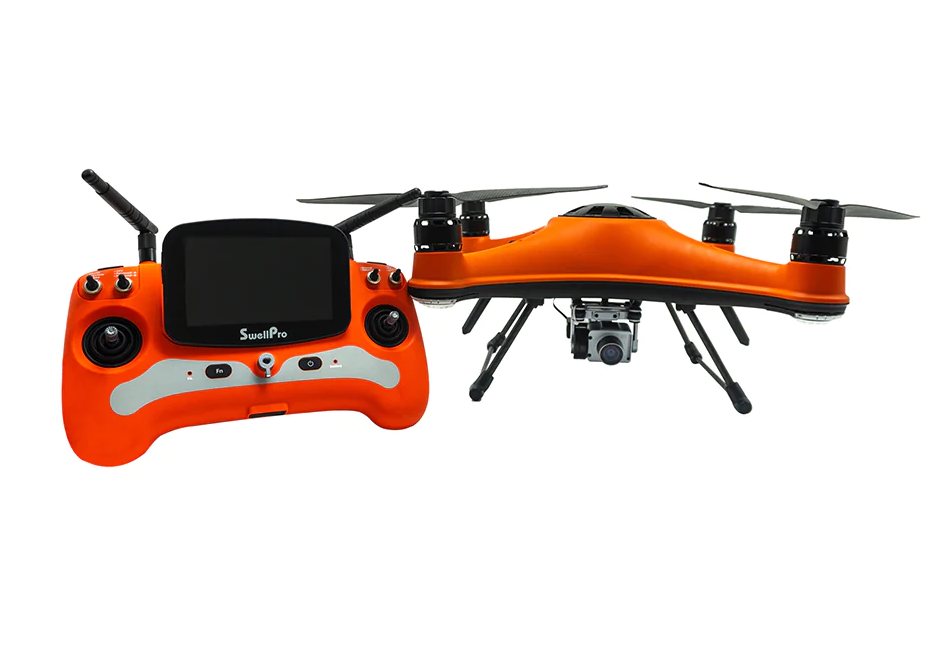 SwellPro Fisherman FD3 ADVANCED - WaterProof Fishing Drone
SwellPro Fisherman FD3 ADVANCED - WaterProof Fishing Drone
- Price A$ 3,499.00
-
 Energizer Everest 500 Power Station
Energizer Everest 500 Power Station
- Price A$ 779.00
-
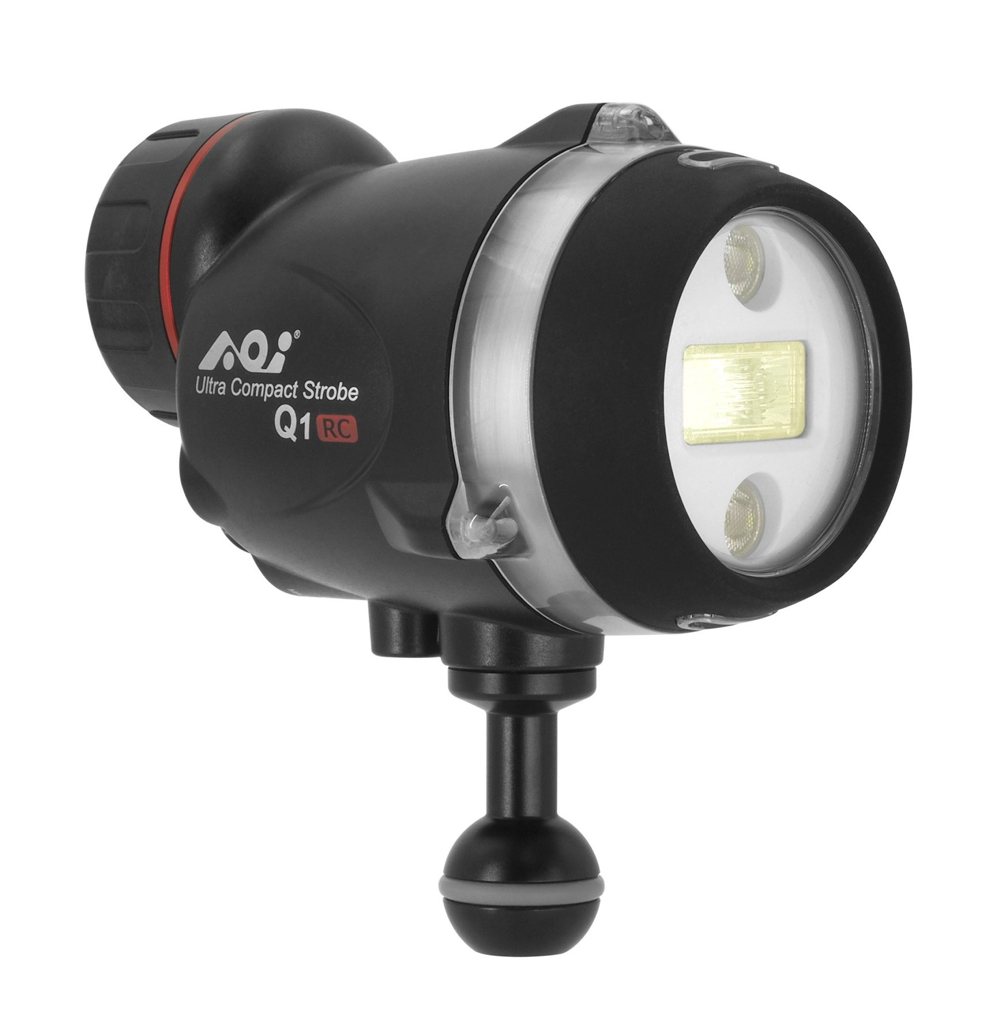 AOI UCS-Q1RC Ultra Compact Strobe Q1 with Olympus RC Mode
AOI UCS-Q1RC Ultra Compact Strobe Q1 with Olympus RC Mode
- Price A$ 649.00
In the Directory

 Fantasea Australia
Fantasea Australia
Fantasea Line is an international company that has been involved in diving, water sports and photographic industries for nearly 40 years.
 Ikelite Australia - Underwater Photographics
Ikelite Australia - Underwater Photographics
Underwater Australasia is official dealer for all Ikelite products since 1999 and we can help you with all your Ikelite video and digital camera housings needs as well as accessories such as strobe packages, ports and more. Sales to Australia only.






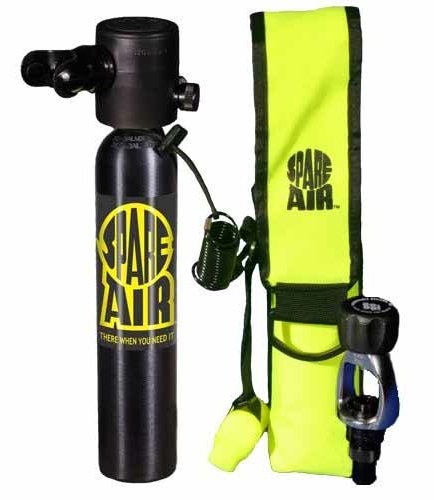
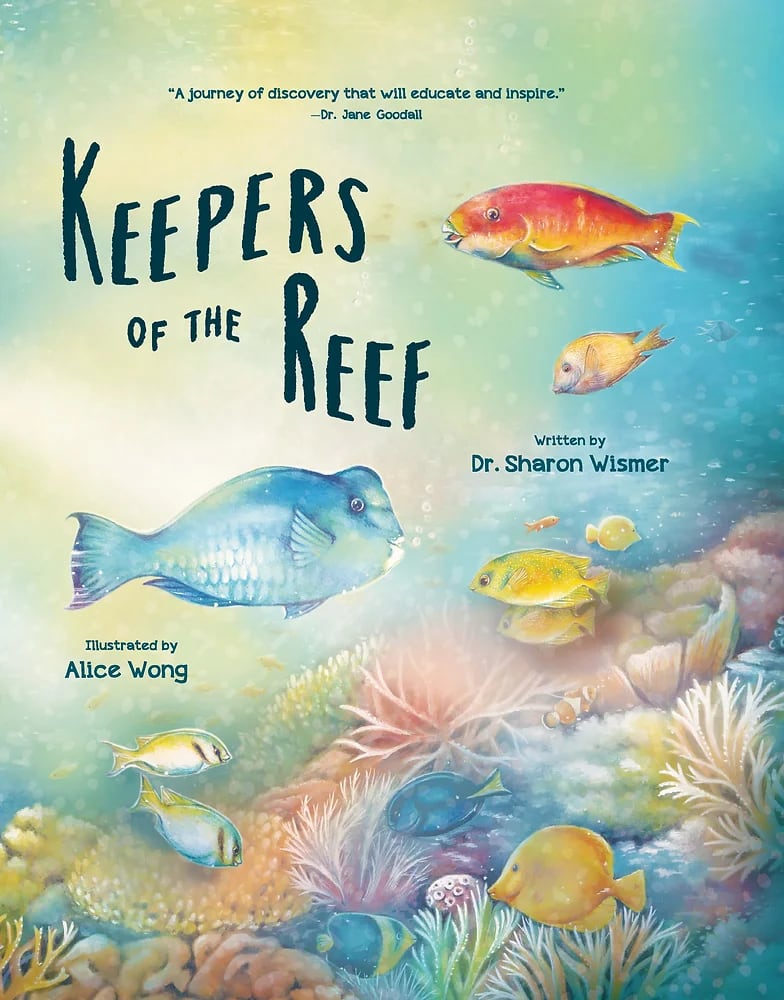
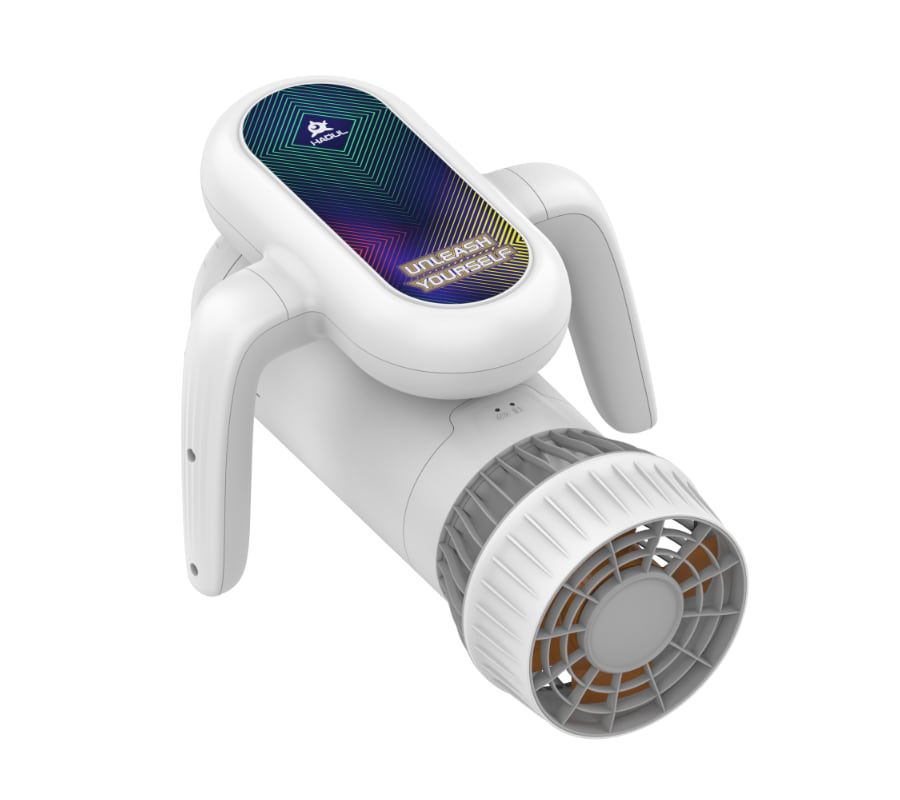
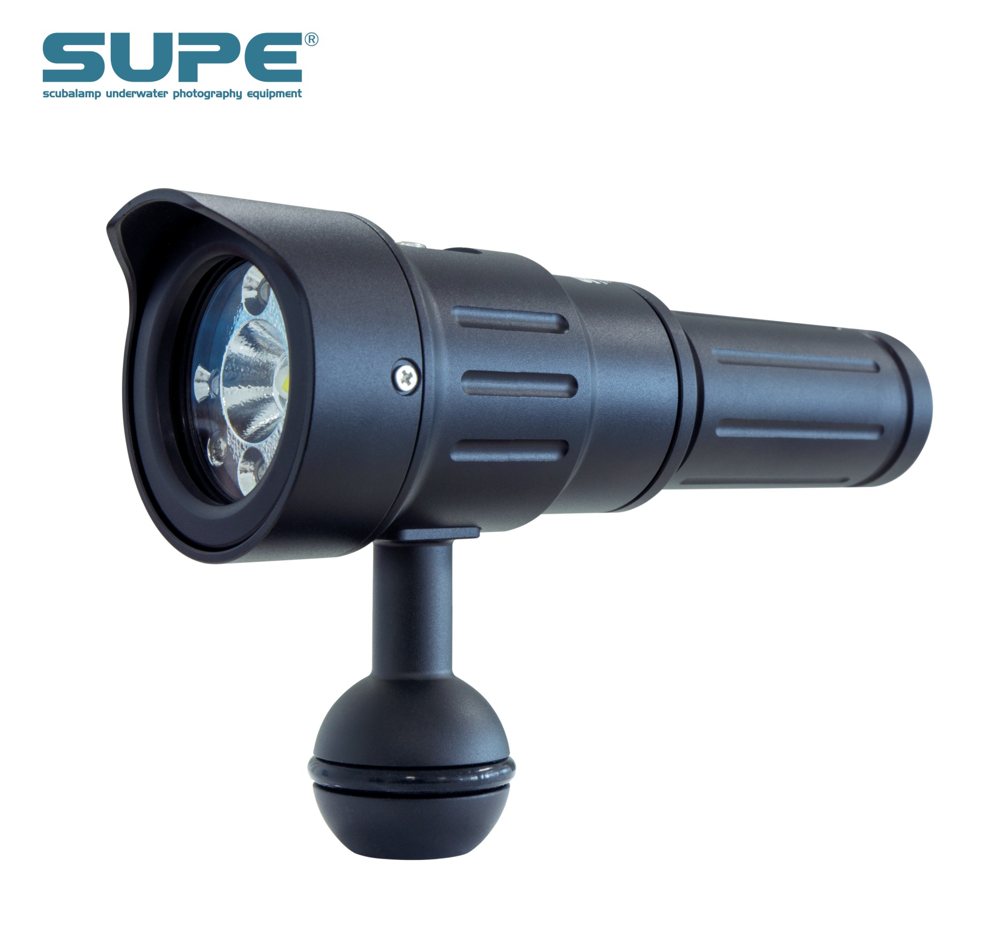
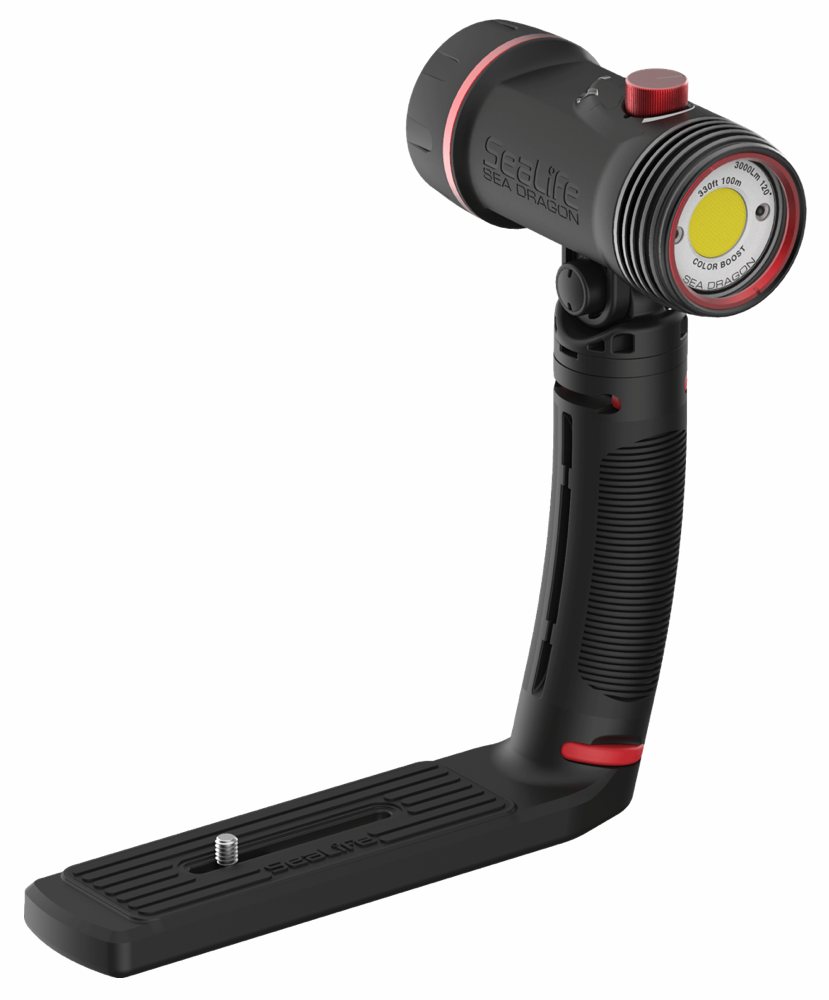
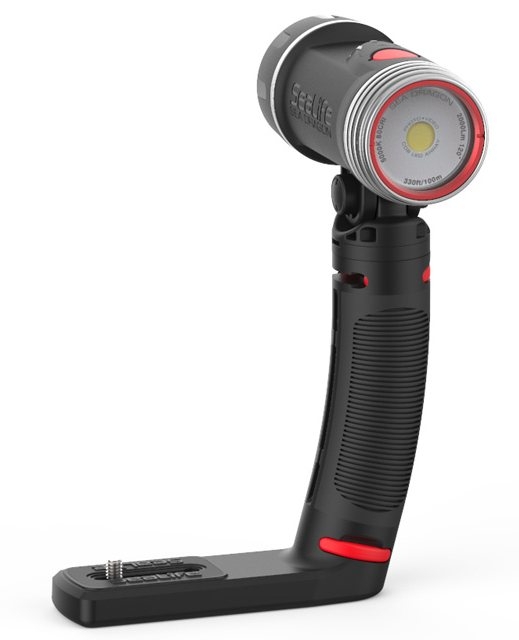
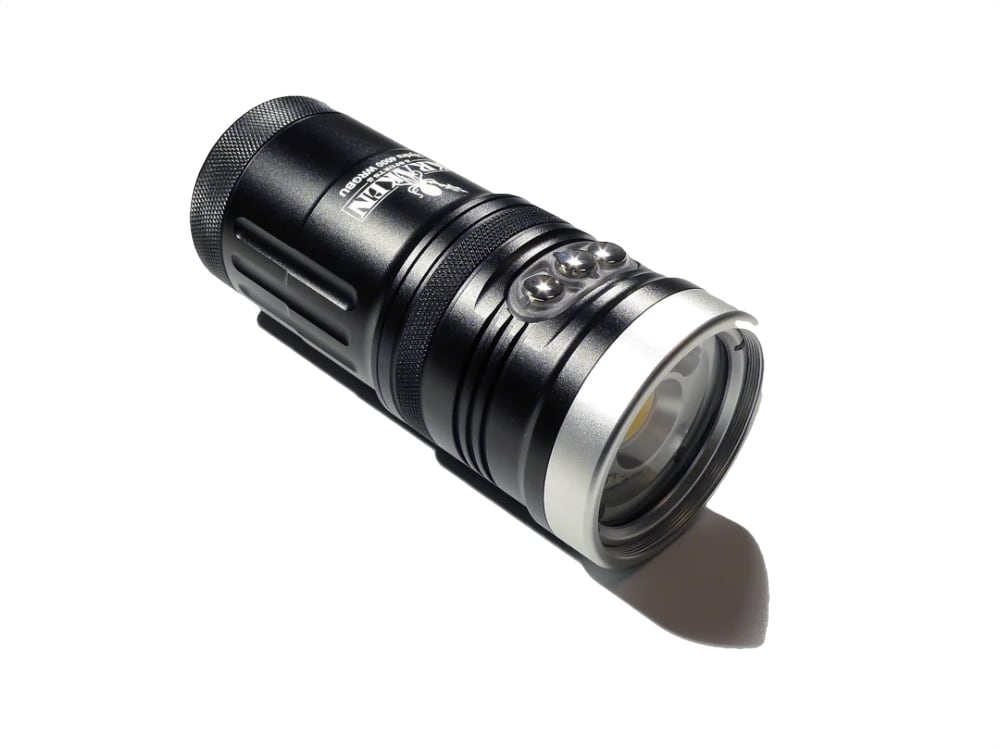



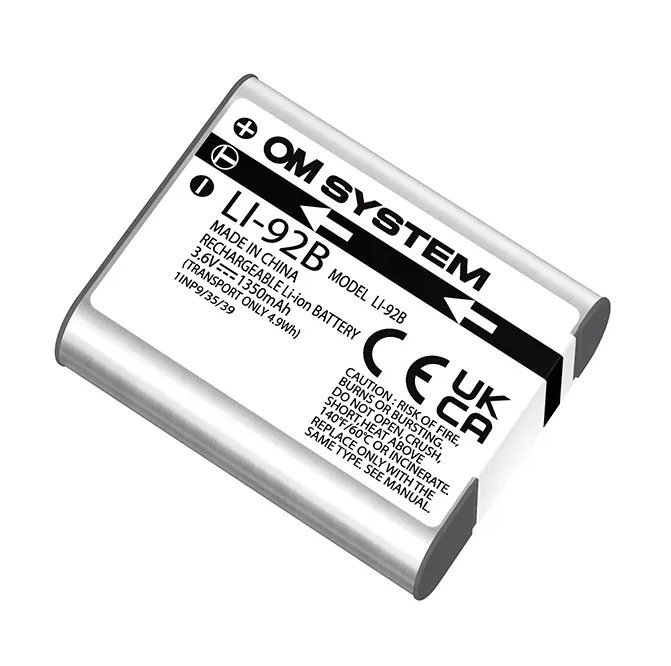 LI-92B battery for OM System TG-7 Waterproof Tough Camera - Olympus
LI-92B battery for OM System TG-7 Waterproof Tough Camera - Olympus  Scubalamp PV21 LED Video/Photo Light - 2000 lumens wide - 1200 lumens spot
Scubalamp PV21 LED Video/Photo Light - 2000 lumens wide - 1200 lumens spot 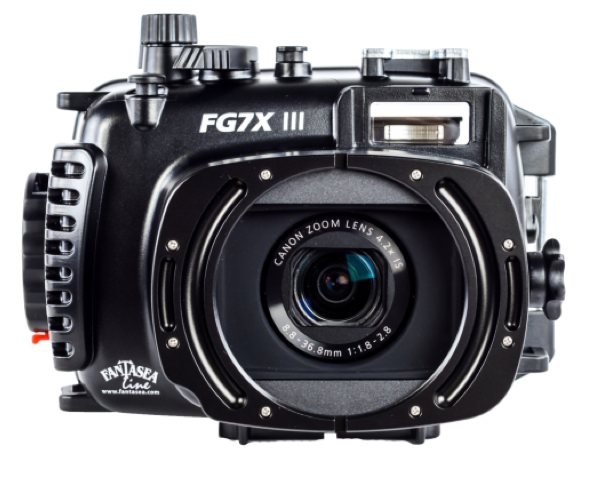 Fantasea FG7X III S Vacuum Underwater Housing for Canon G7X Mark III
Fantasea FG7X III S Vacuum Underwater Housing for Canon G7X Mark III 

